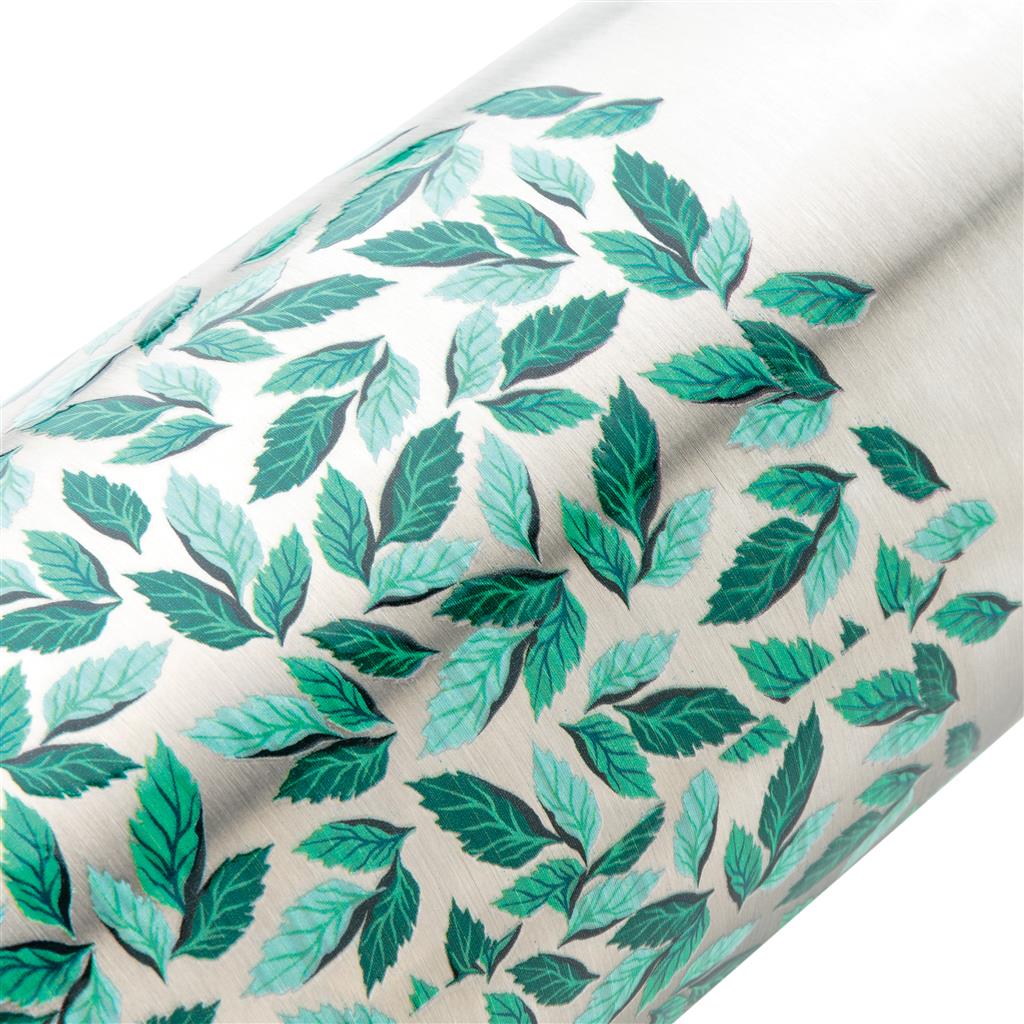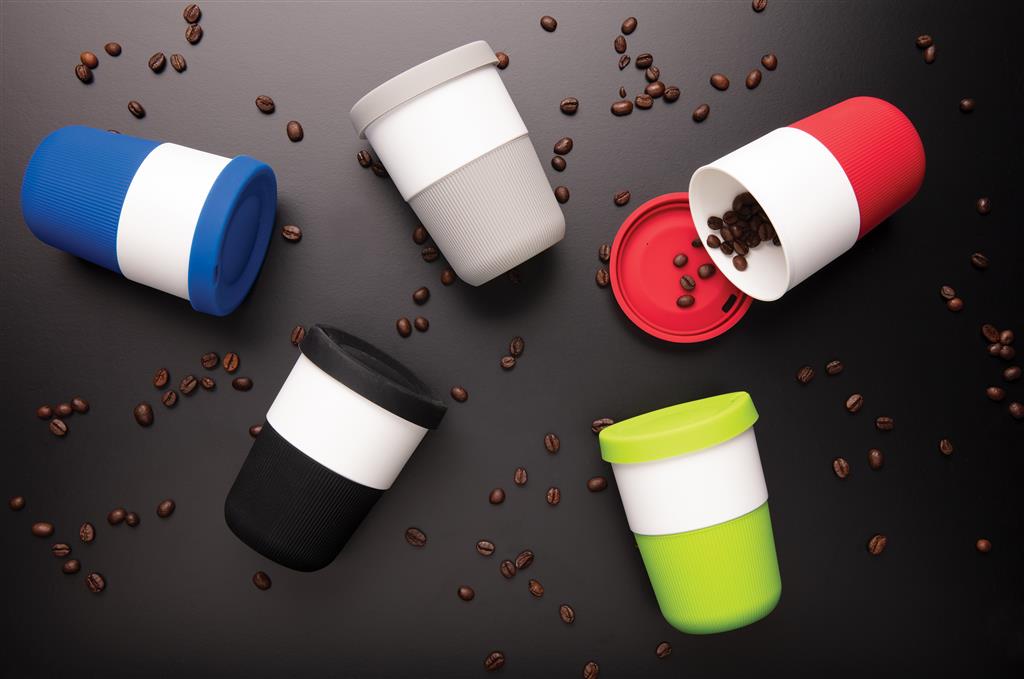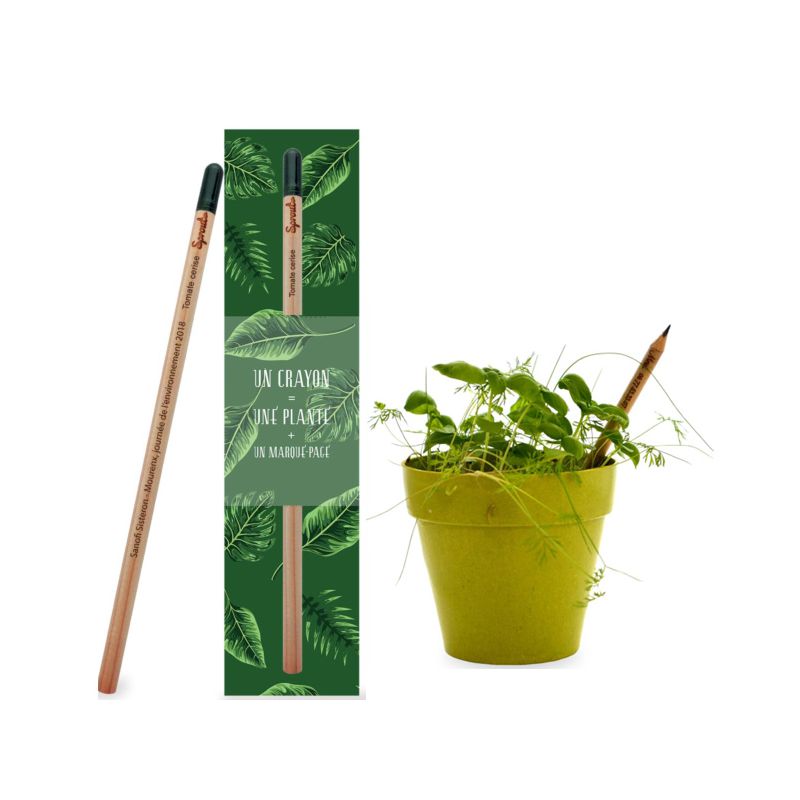2020 rhymes with ethic and ecology.
The environment, fair trade and recycling are now winning over the world of the advertising industry. The concepts of sustainable development, utility and reusability are becoming our main concerns. After the era of communication overabundance, we are moving towards “communicate less, but communicate better”.
The important thing is to design products that respect these principles. Today, these ecological notions are integrated into all stages of the life cycle of a product or service (from its design to its recycling). We must therefore pay close attention to environmental impacts throughout the development process. From this perspective, for a product, for example, it is important to focus in particular on its durability, usefulness and use in order to adapt it as well as possible to the user and his needs.
The advertising industry (be it object, textile or print advertising) is indeed taking a new turn. The materials used are more and more in the foreground. Biosourced, recycled, compostable materials… we are talking about bamboo, cork, wood, organic cotton and even bio-composites, or even RPET, PLA, Tyvek… all rivaling each other in ingenuity. Innovative materials, therefore, but above all more respectful of the environment, have recently emerged to give a more ethical and responsible dimension to communication.
Made in France” (meaning French expertise) is also making a strong comeback on the market as a sure value. Even if today the certifications and the legislation on the subject are not very clear and are the subject of debate…
More generally, committing to a CSR approach means taking into account environmental and social impacts
We must act locally, think globally.
With this in mind, Smartclic is committed to offering its customers an eco-responsible alternative for each of its product ranges: recycled paper, reusable aluminum POS structures, eco-designed objects, organic cotton textiles, ESAT packaging/kiting…
As a signatory of the United Nations Global Compact since 2014, every year we implement new CSR initiatives at all levels of our company: choice of suppliers, employee well-being, partnerships with ESATs, patronage of associations recognised as being in the public interest (Odyssea, Restos du Coeur, Téléthon, etc.).
Our impact is certainly local, but pooling the efforts of companies, whatever their size, will inevitably have a global impact in the long term. The CSR approach concerns structures of all sizes, not just large groups.








